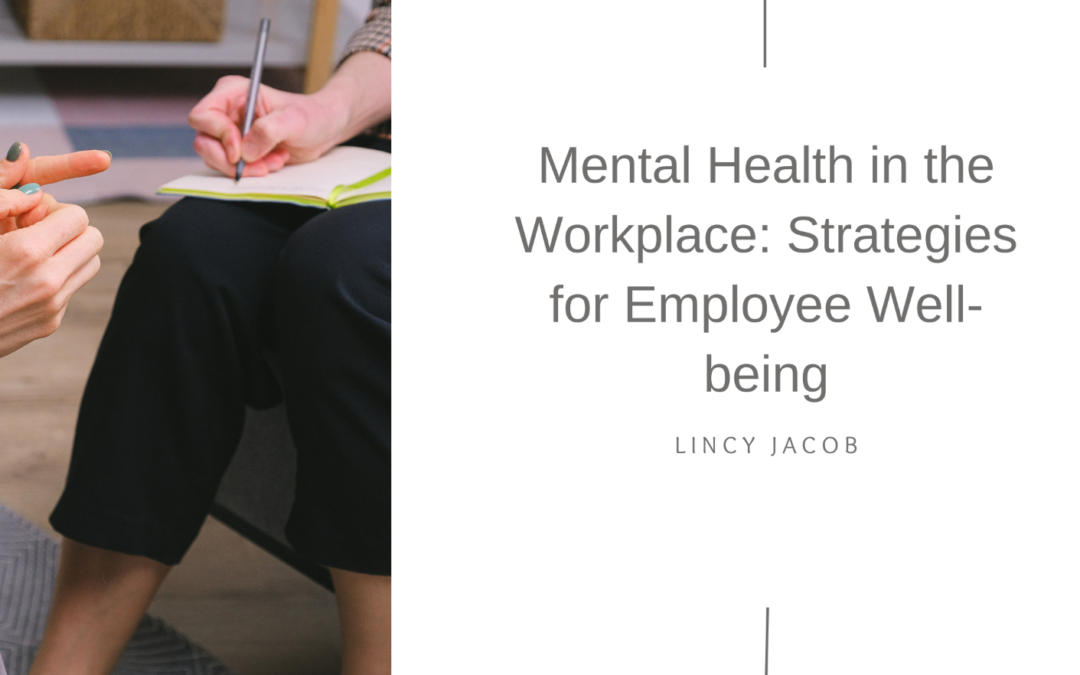Mental health has become critical to overall well-being in today’s fast-paced work environments. Employers increasingly recognize the importance of fostering a supportive workplace culture prioritizing mental health. Addressing mental health issues enhances employee productivity and satisfaction and contributes to a more inclusive and resilient organizational culture.
Recognizing the Impact
The workplace environment plays a significant role in shaping employees’ mental health. Factors such as high job demands, long hours, interpersonal conflicts, and lack of work-life balance can contribute to stress, anxiety, depression, and burnout among employees. Recognizing these challenges is the first step toward implementing effective strategies to support mental health in the workplace.
Promoting Awareness and Education
Creating a culture of mental health awareness begins with education and open dialogue. Employers can organize workshops, seminars, and training sessions to educate employees and managers about mental health issues, symptoms, and available resources. By promoting understanding and empathy, organizations can reduce stigma and encourage early intervention when mental health concerns arise.
Implementing Supportive Policies and Practices
Organizations can implement policies and practices that prioritize mental health to support employee well-being. This may include flexible work arrangements, such as remote work options or flexible hours, to accommodate employees’ personal needs and reduce stress. Additionally, providing access to confidential counseling services, Employee Assistance Programs (EAPs), and mental health resources reinforces a commitment to supporting employees’ mental health.
Creating a Positive Work Environment
A positive work environment is essential for promoting mental health and well-being. This involves fostering a culture of trust, respect, and open communication where employees feel valued and supported. Encouraging work-life balance, promoting healthy habits, and recognizing achievements contribute to a positive workplace culture that prioritizes both physical and mental health.
Encouraging Self-care and Stress Management
Employers can encourage self-care practices and stress management techniques among employees. This may include promoting mindfulness and relaxation techniques, providing access to wellness programs, and encouraging regular breaks during the workday. Healthy lifestyle choices, such as exercise and nutrition, also contribute to overall well-being and resilience in managing stress.
Monitoring and Evaluation
Continuous monitoring and evaluation of mental health initiatives are crucial to their effectiveness. Employers can gather feedback through employee surveys, focus groups, and participation rates in mental health programs. Organizations can ensure that their efforts effectively support employee mental health and well-being by assessing outcomes and adjusting strategies as needed.
Looking Ahead
As workplaces evolve, so must strategies for promoting mental health and well-being. Employers play a pivotal role in creating environments where employees feel safe, supported, and empowered to prioritize their mental health. By investing in mental health initiatives, organizations benefit from improved employee engagement and retention and contribute to a healthier and more resilient workforce.
